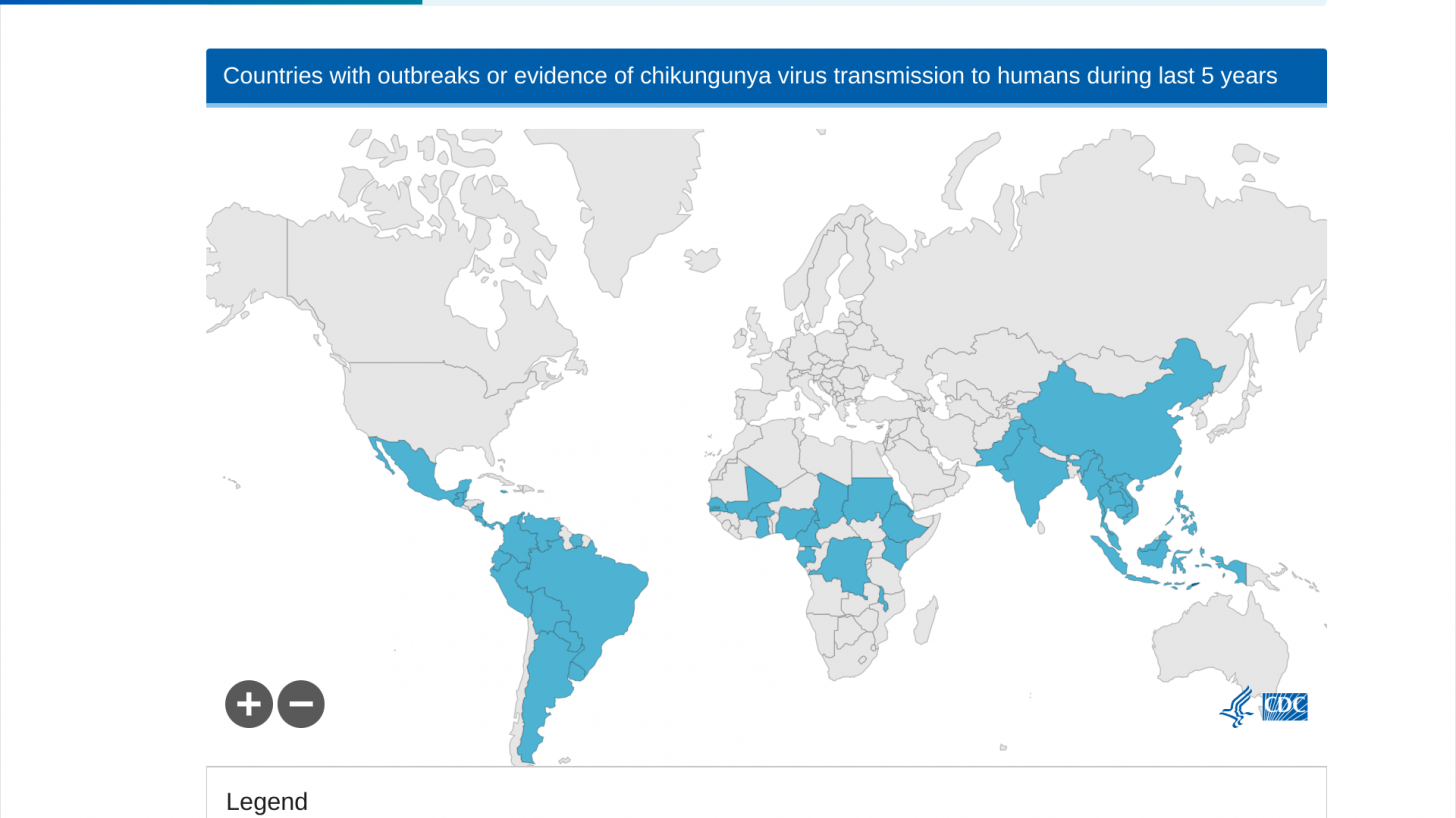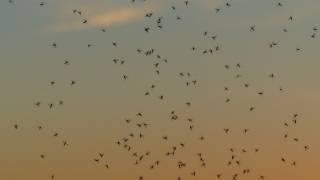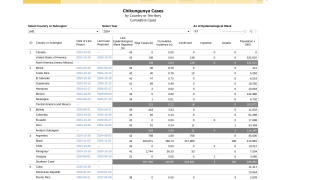U.S. CDC Preps Vaccinations to Prevent Chikungunya Outbreaks

The most challenging travel-related disease to pronounce and spell, Chikungunya, may soon pose more significant risks for international travelers.
Wilbur Chen, MD, MS, who leads the Chikungunya Vaccines Work Group of the Advisory Committee on Immunization Practices (ACIP), today offered policy options to reduce the impact of future Chikungunya outbreaks.
Over 20% of the local population could be impacted when a Chikungunya outbreak occurs.
The U.S. Centers for Disease Control and Prevention's (CDC) prevention strategy includes using the newly approved Chikungunya vaccine IXCHIQ® among individuals at risk of this mosquito-transmitted disease.
Since November 2023, the U.S. FDA has approved Valneva SE's IXCHIQ® monovalent, single-dose, live-attenuated chikungunya vaccine. And Health Canada recently approved IXCHIQ vaccinations for its residents.
This ACIP workgroup met on June 26, 2024, and has been meeting since May 2022, says international travelers, laboratory workers, and residents living in certain U.S. territories, such as American Samoa, Puerto Rico (May 2014), and the U.S. Virgin Islands, are at high risk of Chikungunya.
The CDC has also issued Travel Health Advisories regarding Chikungunya outbreaks in Timor Leste and the Maldives to warn travelers further. Furthermore, the Pan American Health Organization has reported over 325,000 Chikungunya cases in the Americas this year.
The CDC says the best way to prevent Chikungunya is to avoid mosquito bites and get vaccinated.
On June 26, 2024, the ACIP reviewed strategy options for deploying IXCHIQ among adults living in U.S. territories.
According to the ACIP's new strategy, a routine vaccination program would avert 90% of adverse health outcomes during an outbreak, while an outbreak vaccination campaign would only avert 67% of potential cases.
Another advantage of implementing the routine strategy is that more doses would be delivered to the local population well before an outbreak.
In summary, the ACIP concluded that launching Chikungunya vaccinations in at-risk U.S. territories now .... would prevent more cases than a reactive, outbreak vaccination program.
Our Trust Standards: Medical Advisory Committee
























